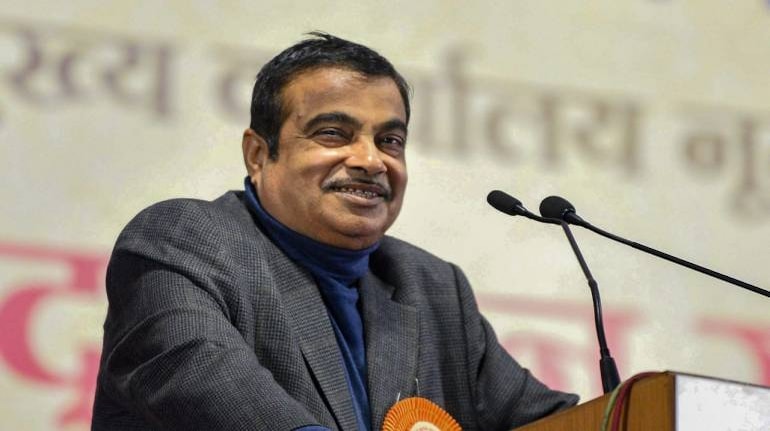



Union Minister Nitin Gadkari asked Indian companies to boost their electric vehicle technology and find alternatives to lithium-ion batteries to make India the largest manufacturing hub in the world for electric vehicles.
“I am confident that in five years Indian will become the number one hub for manufacturing electric buses, cars and two-wheelers. There is also a blessing in disguise that majority of countries are not interested in dealing with China anymore. So, now there is a huge potential for India,” Gadkari said.
He was talking at a webinar, titled ‘India’s electric vehicle roadmap post COVID-19’. Gadkari’s push for making India self-reliant in EV production comes amid heightened tensions between India and China following the border clash on the intervening night of June 15-16 that left 20 Indian Army soldiers dead.
More than 80 percent of all EVs produced globally comes from China. The country also has the largest reserves of lithium in the world, thereby helping it establish a near monopoly in the lithium ion cell market. Lithion ion is the heart of a modern-day EV, which stores electricity that is used as fuel to power vehicles.
Only in recent years did India give up older generation lead acid type batteries to shift to lithium ion. Even though most components going into an EV are manufactured in India, battery cells have to be imported from China.
Leading electric vehicle models such as Bajaj Chetak, Mahindra Treo and Ather 450, in addition to almost half a dozen electric bus making companies, rely on battery cells imported from China. Mahesh Babu, MD and CEO, Mahindra Electric Mobility, said, “We import only the battery cells and everything else is made in India by us.”
“It is time for Indian scientists, innovators and startups to find out Indian alternatives to everything. We should not be dependent on anybody. Any scheme which will help us become self-dependent, government can think about extending support to them. I am aware that there are issues about lithium ion batteries and other components, but today startups are working on different technologies. We have to look for imports substitution, particularly for batteries,” Gadkari stated.
Gadkari also mentioned about a possibility of offering income tax benefits for research undertaken in this field. “For the purpose of research, every industry should have a research wing. If you can give me a proposal and if there is any need for income tax concession, we can work on it. Every manufacturer should do his own research.”
EV sales, excluding electric rickshaws, in India grew by 20 percent to 1.56 lakh units during 2019-20, as per data shared by the Society of Indian Automobile Manufacturers (SIAM), the apex lobby body of manufacturers. FY20 saw 1.52 lakh electric two-wheelers, 3,400 electric cars and 600 electric buses. Around 90,000 electric three-wheelers were also sold during last year, though that segment is mostly unorganised.
Read our complete coverage on the India-China border tension.

Discover the latest Business News, Sensex, and Nifty updates. Obtain Personal Finance insights, tax queries, and expert opinions on Moneycontrol or download the Moneycontrol App to stay updated!
Find the best of Al News in one place, specially curated for you every weekend.
Stay on top of the latest tech trends and biggest startup news.